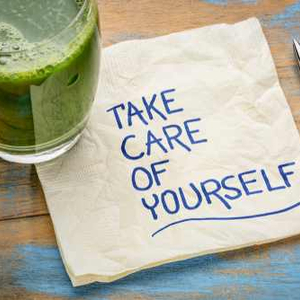Plus Wellbeing
Is it really possible to live well with HIV?
The answer to this question is yes, absolutely! Supporting people to help minimise the impact HIV has on daily living is central to improving the health and wellbeing and quality of life. Whilst treatment and care provided by specialist services are central to the health of people living with HIV, they should be supported by the wider healthcare system, self-help programs, peer support and other wellbeing support services.
As with other long-term health conditions people living with HIV may face additional physical health and emotional challenges to live well with HIV. There is now greater recognition that quality of life is a vital component of living well with HIV, and this means going beyond the specialist care provided by HIV clinic teams.
Encouraging people living with HIV to make modest changes to lifestyle and supporting self-help activities can have a significant impact on health and quality of life outcomes. Looking after our emotional wellbeing and mental health are vital aspects of living well with HIV, which for some people can pose additional challenges requiring more specialist mental health support.
Our wellbeing pages focus on your healthcare, emotional wellbeing, lifestyle, diet and nutrition. We also outline the importance of improving the sexual and reproductive health for cis and trans people, all of which are important aspects of living well with HIV.







